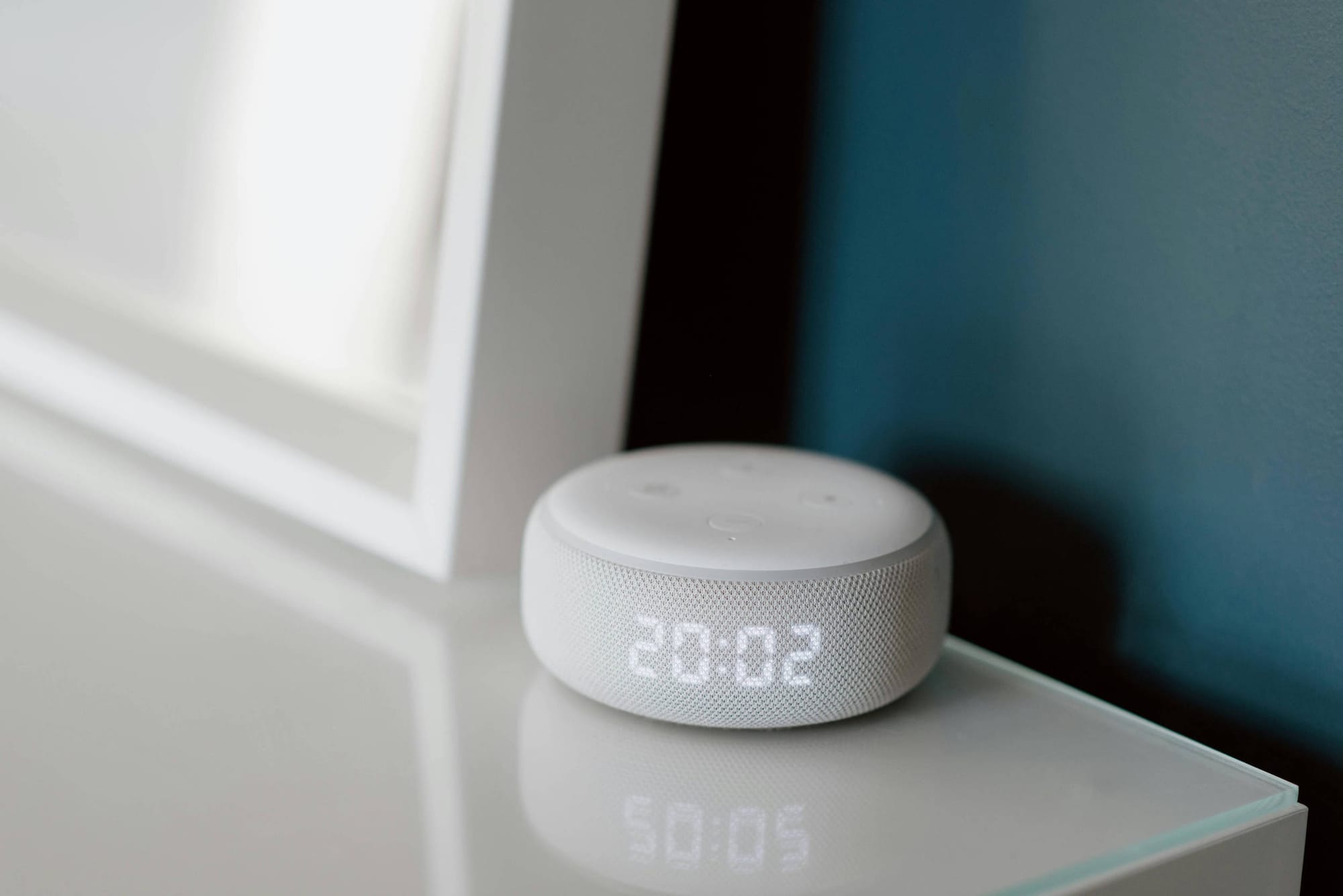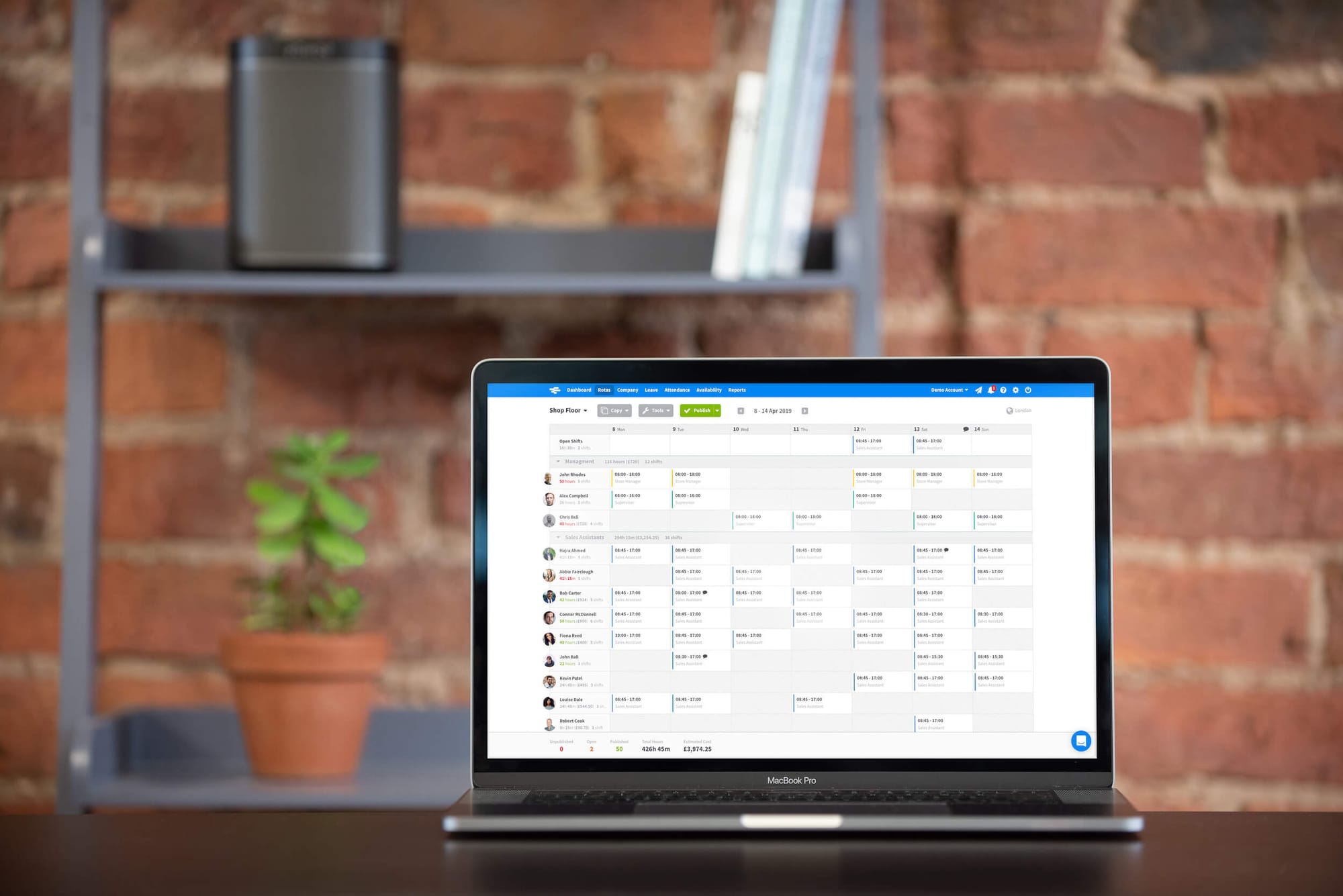In the hospitality industry, innovation comes second only to customer service — without adapting to trends and catering to guests’ ever-changing lists of desires and expectations, it can be difficult for businesses to remain competitive.
With this in mind, today we’re taking a look ahead at five technology trends that hotel and hospitality managers need to look out for in 2024.
Be sure to consider these for your hospitality business if you want to stay ahead of the game in ‘24.
1. Self-service check-ins
Hotel self-service check-ins aren’t exactly new, but the meteoric rise of short-term rentals — wherein guests frequently check in and out without ever seeing their hosts — has made them checking in the de facto standard for many holiday-makers and hotel users.
In fact, recent surveys have shown that as much as 73% of guests actually prefer to stay at hotels where self-check-in is possible, making such technologies a must for 2024.
While there’s still plenty of room for the personal touch (a warm smile at reception; the offer of help with one’s bags; recommendations for local activities and places to dine...), increasingly hotel guests seem to favour the convenience of being able to come and go without the need to stand at reception. As such, we can expect lobby-situated check-in kiosks and mobile check-in solutions to become even more prevalent in 2024.
We can also expect to see a similar shift in restaurants as customers become more accustomed to self-service ordering and payment technologies, starting and ending their dining experience at their own pace and even leaving comments and feedback via POS-enabled tablets.
This shift will, admittedly, result in slightly fewer opportunities for you and your team to directly interact with guests. But that doesn't mean that it’s all bad news — in fact, increased self-service check-ins can also mean:
- Quicker check-ins. Rather than having to wait in line during busier periods, guests can check in and out in a matter of seconds via their mobile device or a kiosk, reducing frustration and ensuring that their stay starts off on the right foot.
- Frees up reception staff’s time. With more guests checking themselves in, your reception team will be free to attend to guests' other needs, ensuring that their stay is as comfortable and pleasurable as possible.
- Fewer front desk staff required. Self-service tech can be a real life-saver for short-staffed hospitality teams, helping to reduce individuals’ workloads without sacrificing the quality of the service guests receive.
Self-service technology is not without its challenges, and it would be a misstep to completely remove the option of checking in or paying one's bill in person. But the addition of a few terminals, or providing guests with the ability to access their hotel rooms via the convenience of their mobile phone, is likely to be seen as a real boon for many in 2024 and beyond.
2. In-room tech & amenities
Perhaps spoilt by the home-from-home experience provided at most Airbnb and VRBO rental properties, today’s hotel guests are no longer satisfied with basic cable TV setups that most rooms have to offer. Rather, many people now expect to be able to snuggle up at the end of a day of travel or sightseeing with their favourite streaming services like Netflix, Amazon Prime, and Now TV.
Similarly, today’s traveller is now quite used to being surrounded by their various conveniences — reliable, high-speed WiFi; smart speakers playing their favourite music; simple room temperature controls; virtual assistants answering whatever questions spring to mind…

Savvy hotel operators will be making such “internet of things” devices and services standard in guest accommodation, not just to provide customers with their favourite creature comforts, but to enhance the overall stay experience and leverage upsell opportunities.
Picture the scene: after settling in to their room, your guest speaks to their virtual assistant to raise or lower the temperature or adjust the lighting. Later, while relaxing on their bed watching their favourite Netflix show, they decide to place an order for in-room dining — all via their room's virtual assistant.
And of course, each one of these interactions helps to build a better picture of your guest’s individual preferences…
3. AI-driven, personalised guest experiences
Far more than just a buzzword, AI technologies will play an increasingly important role in hospitality throughout 2024, helping hotel operators learn, adapt, and provide the best possible guest experiences built on a combination of data-driven predictions and the analysis of past guest behaviours.
The next 12 months will see hotel businesses increasingly embrace artificial intelligence across the board — from AI-powered chatbots responding to online queries, bookings, and reviews, to personalised food and dining recommendations based on guests’ preferences, dietary requirements, and even past dining habits.
Of course, utilising this kind of rich guest data isn’t just about selling to them during their stay. AI integration is all about learning from past behaviours to better anticipate guests’ wants and desires (dinner reservations at a particular restaurant; their room temperature set just how they like it; the same spa experience that they rated five stars during their previous stay…) in order to provide a memorable, more personalised stay.
The are initial costs for operators to bear, of course, but the potential to increase profits and boost your business' reputation for excellent service through the use of AI technologies is enormous.
4. Labour management tech
Advances in technology aren’t just making life easier for guests — they’ll also be making work simpler for you and your team in 2024.
Labour management technologies such as staff scheduling and clocking in software free up managers’ time by streamlining, and in some cases entirely automating, many of their day-to-day administrative processes.
Rather than relying on spreadsheets, emails, and printed staff rotas, hotel managers are increasingly turning to software built specifically to facilitate the creation and distribute of employee rotas. More advanced labour management solutions also allow managers to keep tabs on labour costs, helping them to plan shifts based on past revenue data as well as see staffing costs in real-time as they create, delete, and edit shifts.

A switch to dedicated scheduling software also has benefits for hotel and restaurant staff, giving them greater visibility over their working schedule (thus reducing lateness and missed shifts), and allowing them to clock in and out of their shifts in a matter of seconds using their own mobile devices.
Expect to see increased take-up of labour management solutions, particularly those that integrate with other systems, in 2024 as part of a gradual shift towards an increasingly connected work environment.
5. TikTok takes centre stage
If you haven’t already been using TikTok to promote your hotel business online, then 2024 is the year to get involved.
With roughly 1 billion users worldwide, each spending an average of 95 minutes per day on the platform, hoteliers and restaurant owners can no longer afford to ignore TikTok (or Instagram's competing "Reels", for that matter).
2024 looks set to see the one-time social media “trend” sitting at the centre of numerous hospitality brands’ marketing strategies, showcasing their the products, services, and most importantly guest experiences that they have to offer.
In addition to being used to boost brand awareness online, both Tiktok and Instagram will continue to be powerful advertising tools for hotel businesses, allowing their marketing teams to target specific audiences, demographics, and people with particular interests in order to drive traffic and increase bookings.
Be sure to invest in some good quality gear (a recent smartphone with a good camera; some simple lighting; a gimbal for steady shooting) to ensure that your hospitality businesses looks its best when making the acquaintance of TikTok and Instagram's billions of users in 2024!
Looking for more business management tips? Be sure to follow the RotaCloud blog for everything from advice on how to streamline your staff management processes to trends and ideas for business growth.

